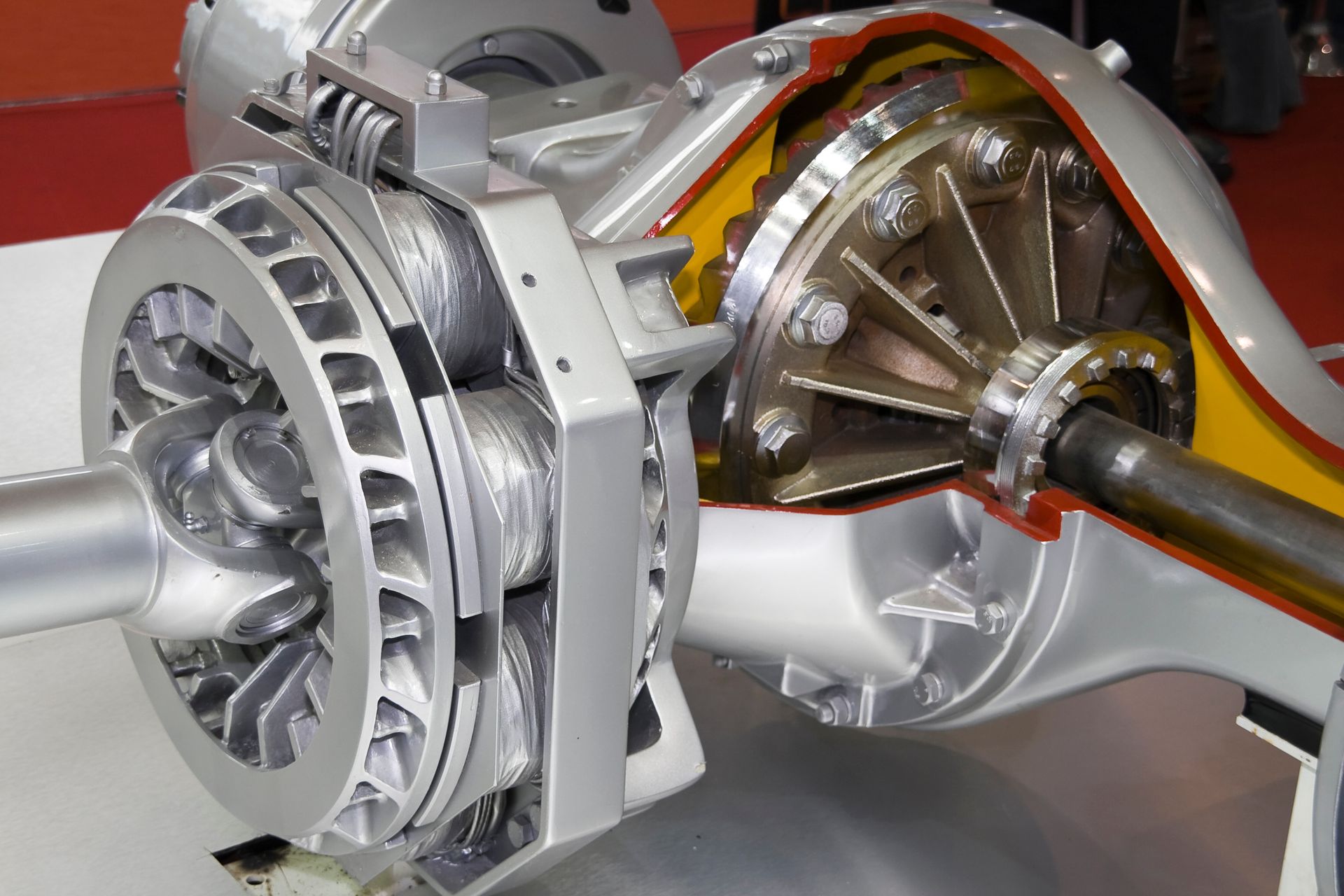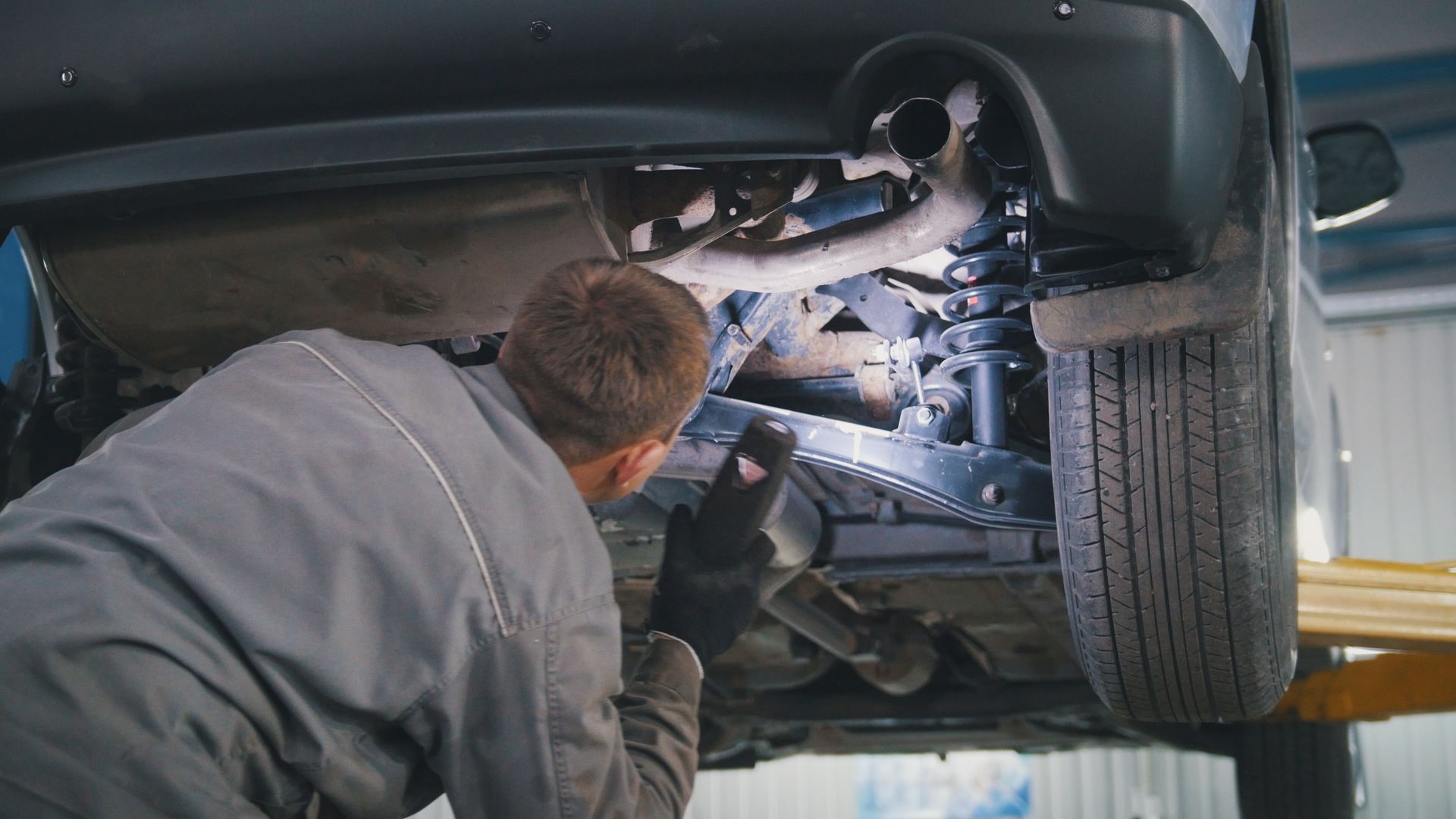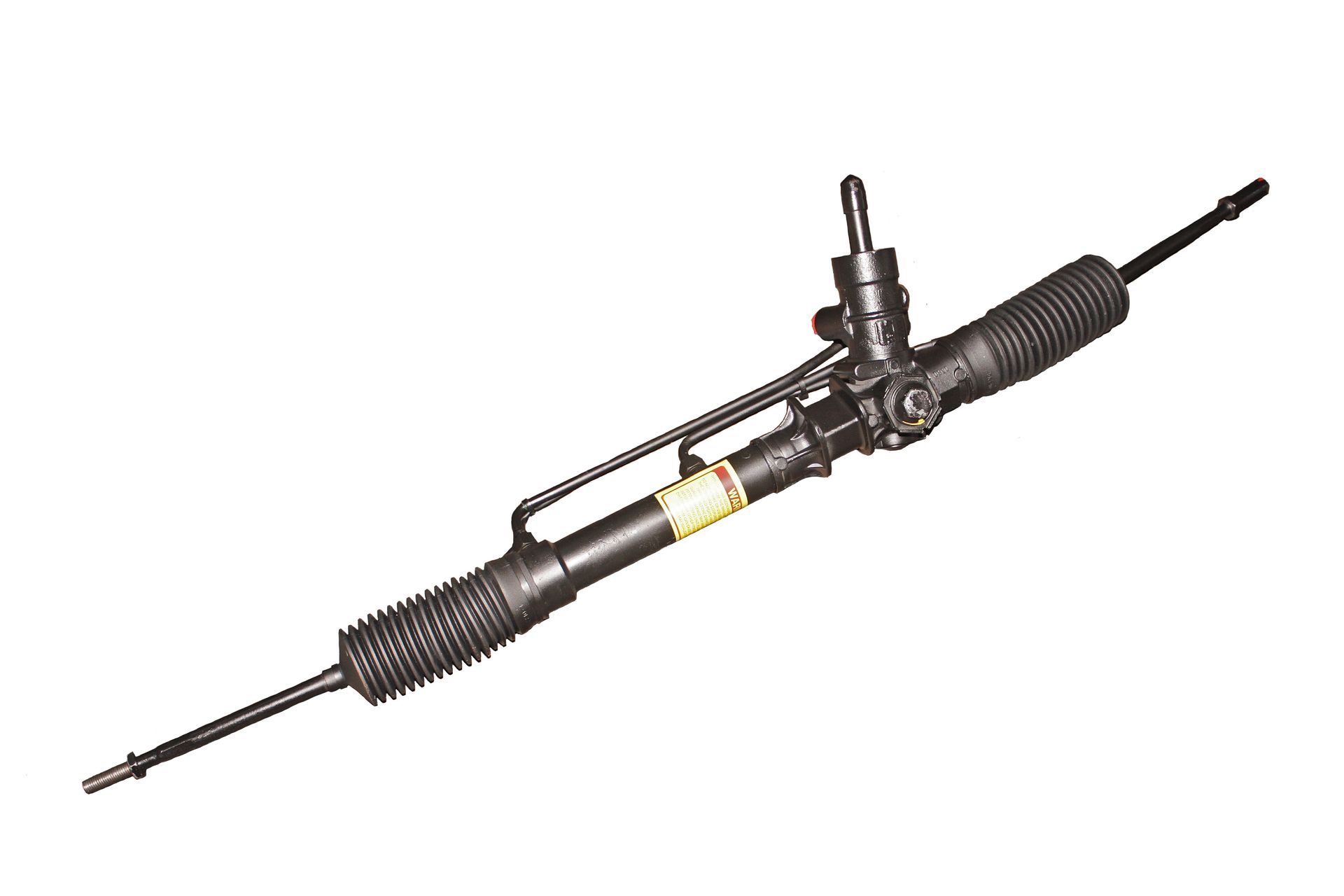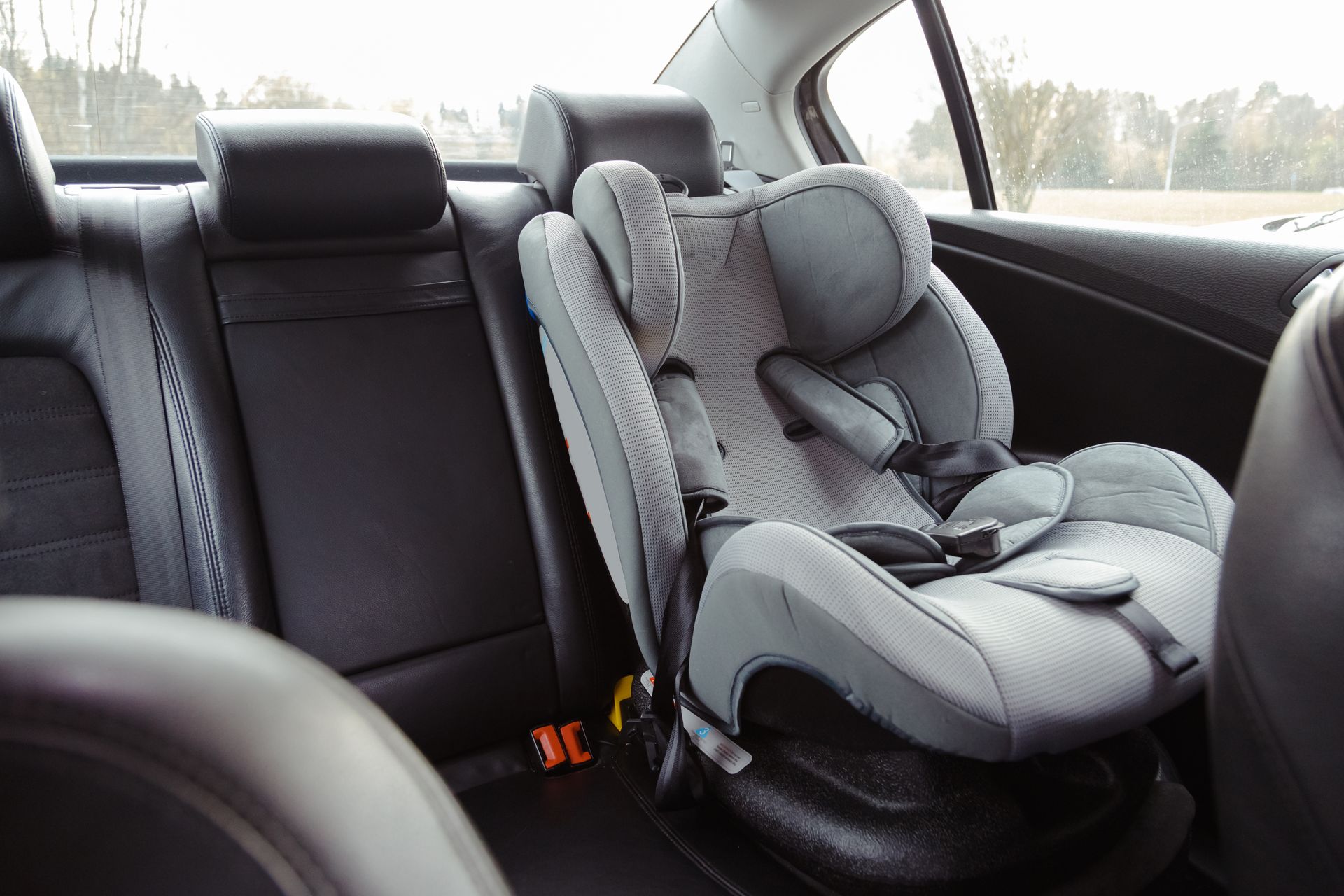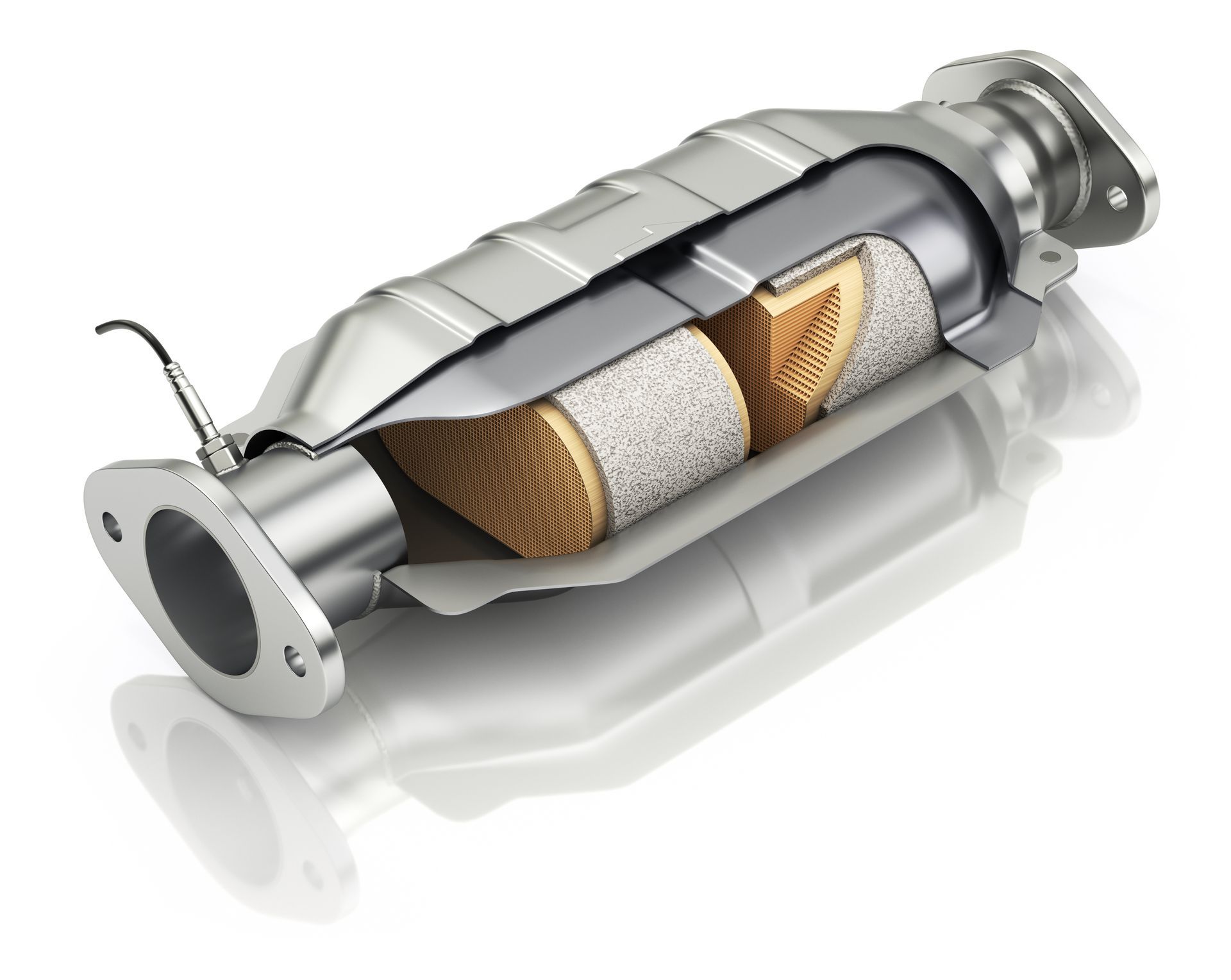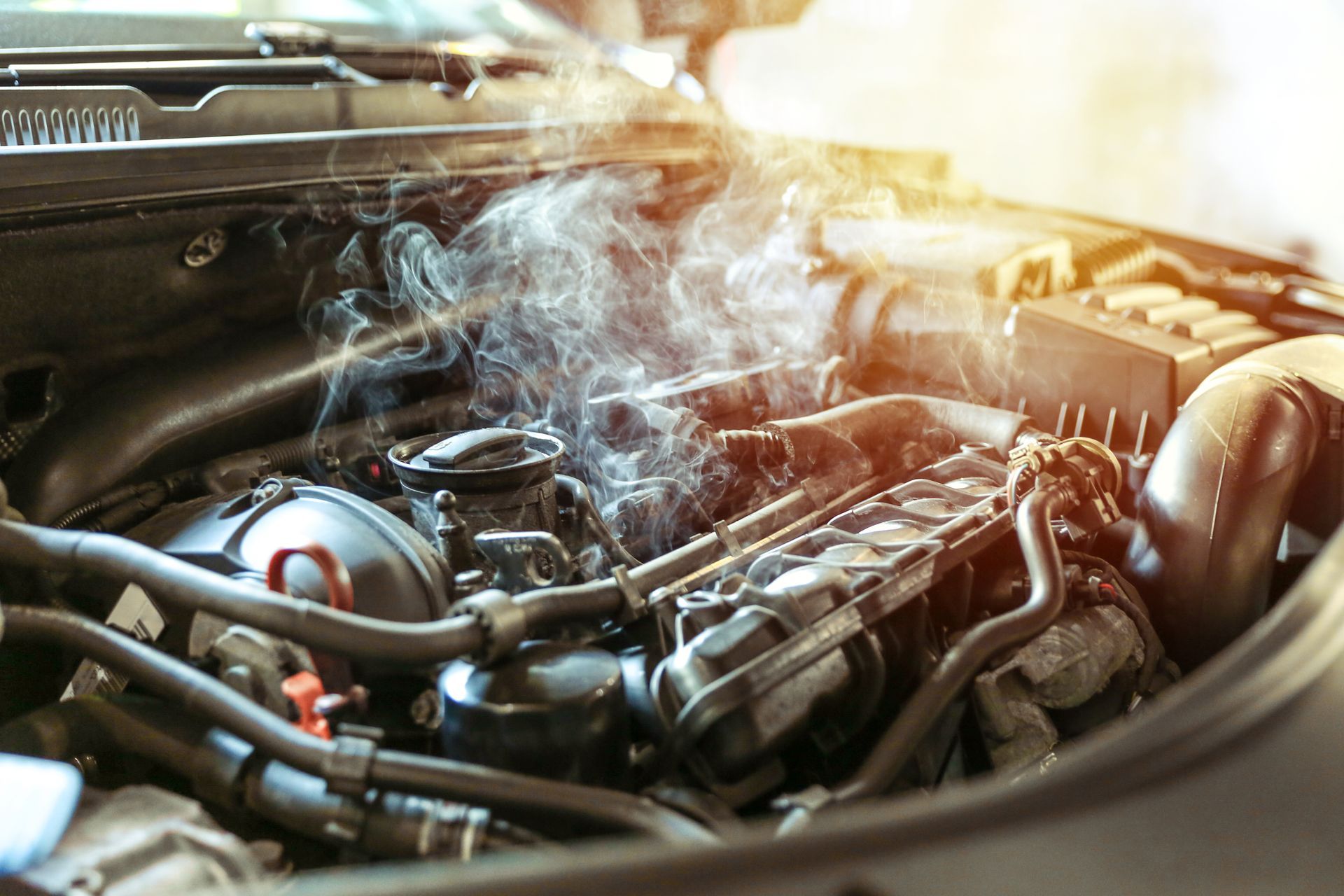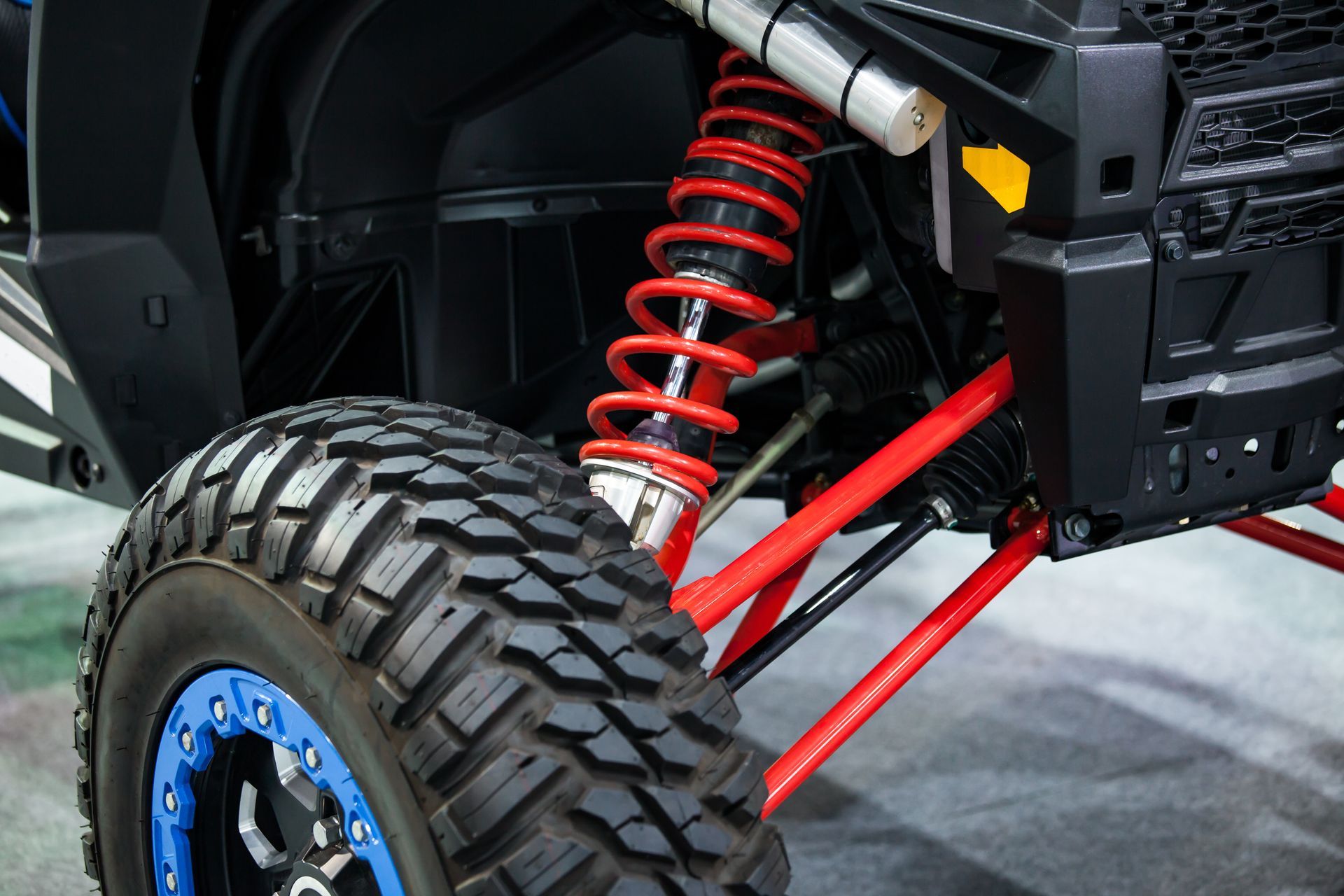If your radio resets or the dashboard flickers out of nowhere, a failing battery could be the reason. It doesn’t take a completely dead battery to cause trouble—just a weak one can throw off your car’s electrical system. Before chasing wiring issues or replacing components, it’s worth checking if the battery is to blame for those unexpected glitches.
Modern Cars Depend on Stable Battery Voltage
Today’s vehicles are packed with technology—infotainment systems, advanced safety features, digital instrument clusters, and sensors controlling everything from your fuel system to climate control. These systems rely on a constant, stable voltage to function correctly. When your battery starts to weaken, the voltage can fluctuate, and that’s when problems begin.
Unlike older cars that could run without a fully charged battery once started, modern cars constantly draw from the battery to regulate everything. If the battery is struggling, the vehicle’s computers can receive mixed signals or shut down nonessential systems to conserve power.
Common Electrical Glitches Linked to Weak Batteries
You might be surprised how many odd problems can be traced back to a battery that’s on its way out. These issues often come and go, making them even harder to diagnose:
- Dashboard lights flickering or flashing for no reason
- Trouble starting even though the starter sounds fine
- Radio cutting out or resetting itself while driving
- Windows or locks behaving inconsistently
- Warning lights turning on and off randomly (ABS, check engine, airbag)
- HVAC controls not responding or blowing at the wrong speeds
In many cases, drivers assume these are signs of failing electronics or wiring issues—but a quick battery and charging system check often reveals the real culprit.
When the Battery Isn’t the Only Problem
While a weak battery is often to blame for electrical weirdness, it's not always acting alone. The alternator, which keeps the battery charged while you drive, can also cause voltage irregularities if it's wearing out. Similarly, corroded battery terminals or loose connections can cause inconsistent power delivery.
If your battery is in decent shape but you're still experiencing glitches, it's worth checking:
- Alternator output
- Ground wire connections
- Corrosion at the battery terminals
- The battery's ability to hold a charge under load
Even brand-new batteries can struggle if the vehicle's charging system isn’t working properly.
Signs It’s Time to Have the Battery Tested
Some drivers wait until the car won’t start at all—but often, the signs show up long before then. If your car is more than three years old and you’ve noticed any unusual electrical behavior, your battery could be warning you that it’s close to the end.
Here’s what to watch for:
- Slow cranking when starting the engine
- Lights dimming when using accessories
- Needing to jump-start more often than usual
- Battery warning light flickering or staying on
In colder weather, these issues tend to become more pronounced. But even in a warm climate like Stone Mountain, GA, battery wear can sneak up on you—especially if your driving habits include short trips or lots of accessory use.
Wrench Junkies – Electrical and Battery Diagnostics in Stone Mountain, GA
If your car is acting up and you can’t figure out why, don’t assume it’s a major repair. A weak battery could be behind those odd glitches. At
Wrench Junkies in Stone Mountain, GA, we offer professional battery and electrical system testing to find the real issue and fix it fast.
